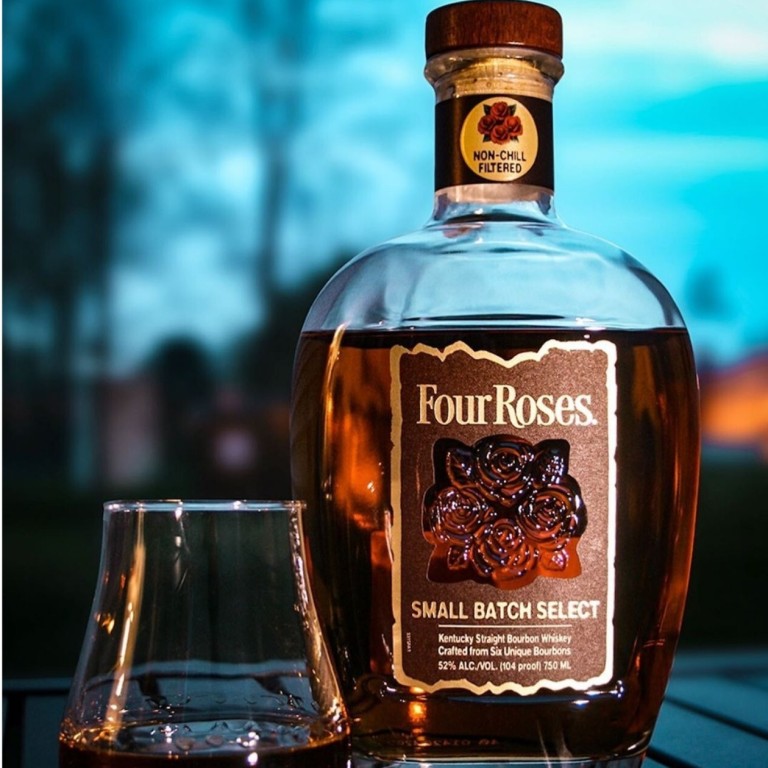Scotch whisky vs bourbon whiskey: which is better for food pairing menus?

Wine, sake and even beer is regularly paired with different dishes, desserts, meats and cheeses – but contrary to popular belief, a good whisky can prove an equally complimentary culinary companion – if it hails from the right side of the Atlantic, at least
Experts swear by wine pairings; grape can match cheese, chocolate, seafood, you name it. Over in Japan, sake and shochu are paired with almost every local delicacy. Whisky has always been seen as a powerful spirit, one that would overwhelm any dishes or drinks it’s paired with. Well, that's just plain wrong.
Whisky pairs wonderfully with food, from desserts to main courses, there's always a dram to go with each plate. But the question on our minds, and the topic of this Whisky Debates chapter: is Scotch whisky, or bourbon whiskey (with an e), most suited for food pairings?
Scotch whisky
Scotch is made across Scotland's five official regions. Speyside is home to the most famous Scotch brands, such as Macallan, Glenfiddich and Glenlivet. Beyond Speyside, other regions include the Highlands, Lowlands, Campbeltown, Islay and the Islands, an extra unofficial region.
Now, some choose to break the regions down by flavour profile. Lowland distilleries produce light, floral expressions while the Highlands deliver richer, full-bodied whiskies.
Islay is home to the smoky, peated drams we all know (think Lagavulin, Laphroaig and Caol Ila). While some of the flavour descriptors work for the regions, every distillery is unique, and therefore cannot be boxed into the borders it stands in. Most Islay whiskies may be peated however, from Kilchoman to Bruichladdich, the liquid will be completely different. The wood casks used also differ greatly. This means one thing – the variety of flavours and aromas to be found are wide and varied, making Scotch perfect to be paired with many different cuisines.
A punchy, peated whisky from Islay is as intense as it gets, and can hold its own against marinated, barbecued meats. A light Lowland whisky can complement lightly fried food or subtle spice with its fresh, floral notes. A rich, honey and caramel forward Highland malt will go down perfectly with a rich chocolate dessert. With the myriad of expressions, Scotch can adapt to any menu.